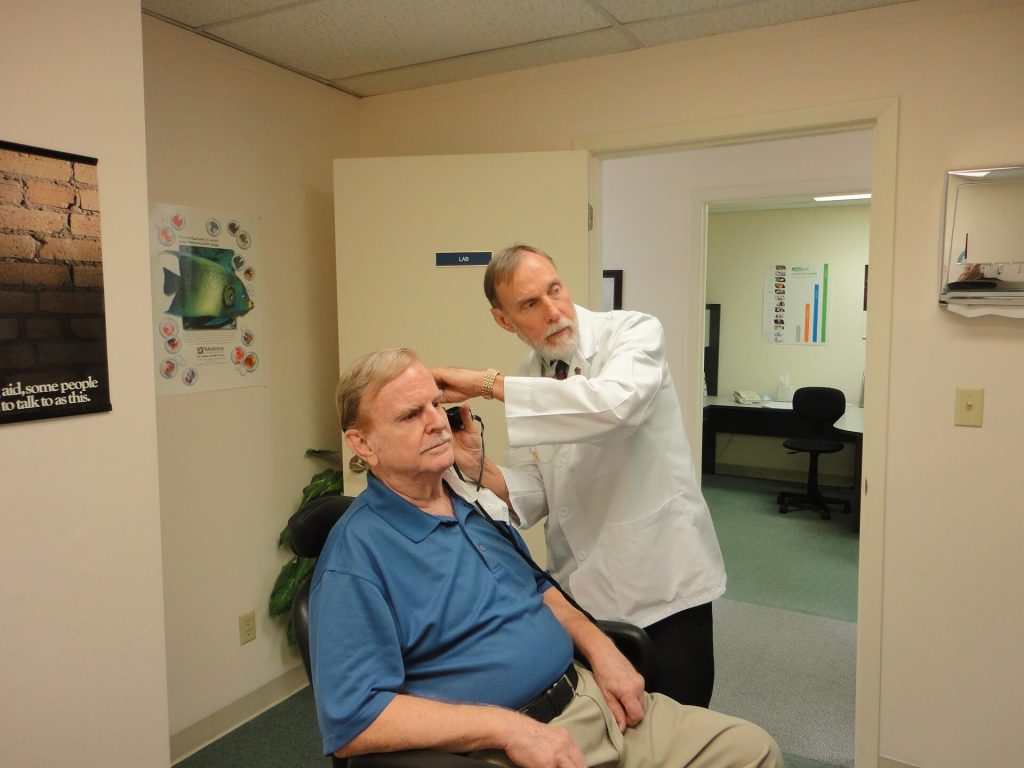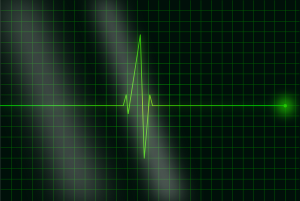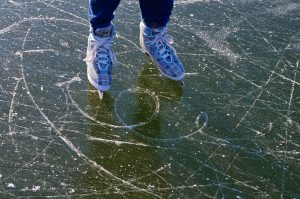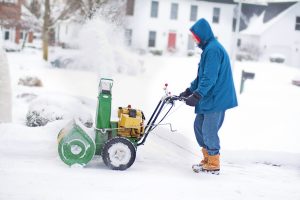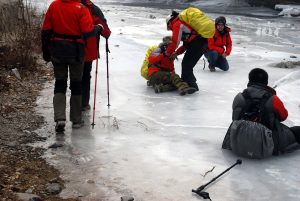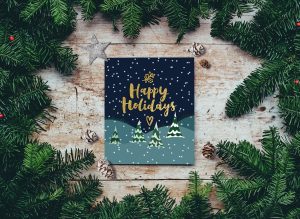October Is National Protect Your Hearing Month – Protect Your Hearing by Turning Down the Volume!
October is National Audiology Awareness and National Protect Your Hearing Month. Hearing loss is an increasing health concern in the country, but it’s one that’s highly preventable.
The statistics on NIHL are shocking.
According to the National Institute on Deafness and Other Communication Disorders, roughly 40 million Americans have some degree of hearing loss. Hearing loss is the third most common health condition faced by older adults after heart disease and diabetes, yet unlike those conditions, only 20 percent of those with hearing loss actually seek treatment. Unfortunately, the average amount of time a person with hearing loss waits to seek treatment after noticing a problem is between seven and 10 years. In that time, hearing can not only worsen significantly but can contribute to a variety of health issues, safety concerns and psychological problems.
Anyone, of any age, can be affected by NIHL and while symptoms of NIHL may not be initially obvious, they can build over time. In fact, recent studies show that about 13 to 18 percent of children and teens, ages 12 to 19, have signs of possible NIHL.
To help prevent NIHL, here are three simple lifestyle change tips that can have a big impact on the way you hear for the rest of your life:
- Turn down that volume! Setting maximum volume limits on electronics and keeping the volume low on music devices and televisions will help you save your hearing. Sounds at or above 85 A-weighted decibels put you at risk for NIHL, especially if they last a long time.
- If you’re in a noisy environment – move away from the noise! To reduce sound intensity and the impact of noise on your ears, increase the distance between you and the noise. This is especially important when you are near fireworks, concert speakers, or in a loud restaurant.
- If you can’t escape the noise – wear hearing protectors! In instances where you can’t easily escape the sound, such as when you are in a movie theater, a concert, a sporting event or in a noisy work environment, earplugs or protective earmuffs can help. If you’re a parent, carry hearing protectors for children as well as yourself. If you don’t have hearing protectors, cover your ears with your hands.
By following these simple tips, you can protect your hearing for years to come!

